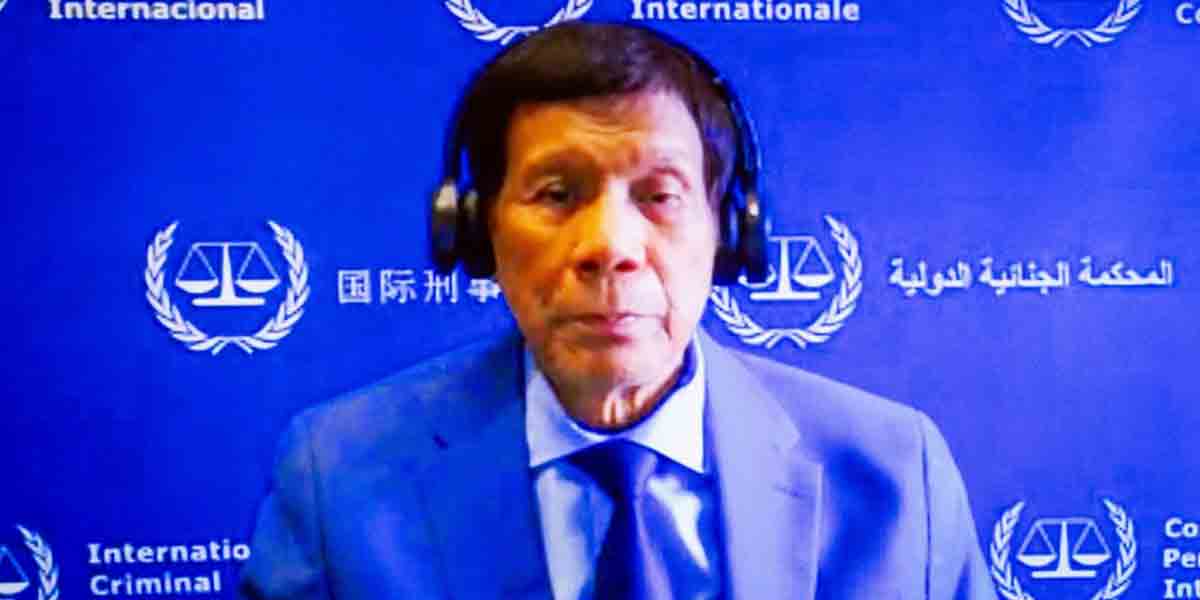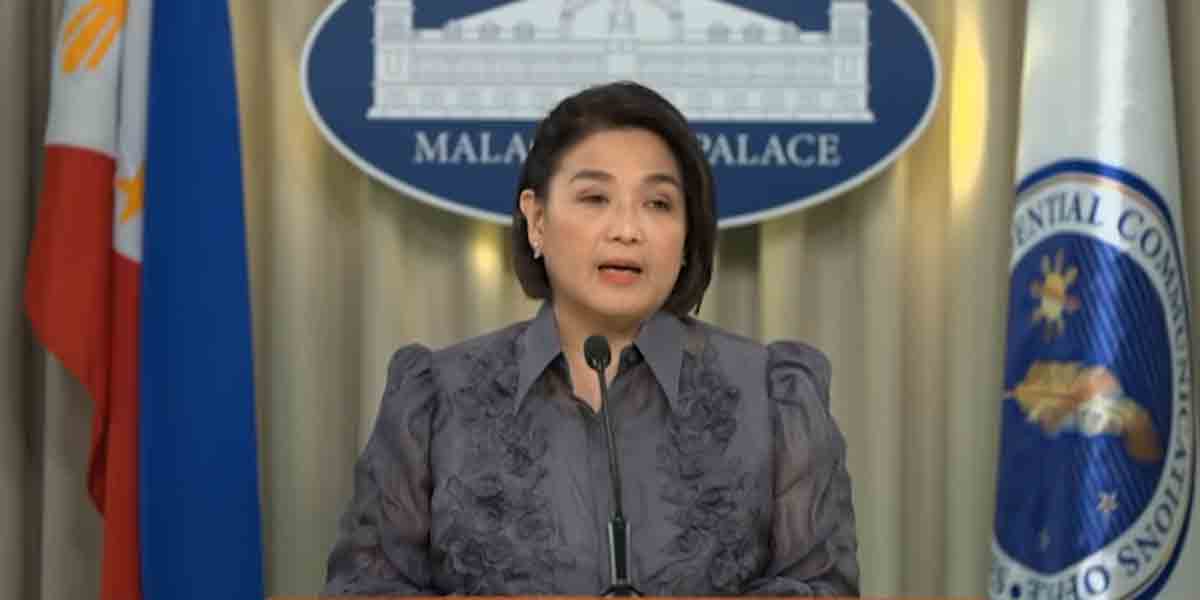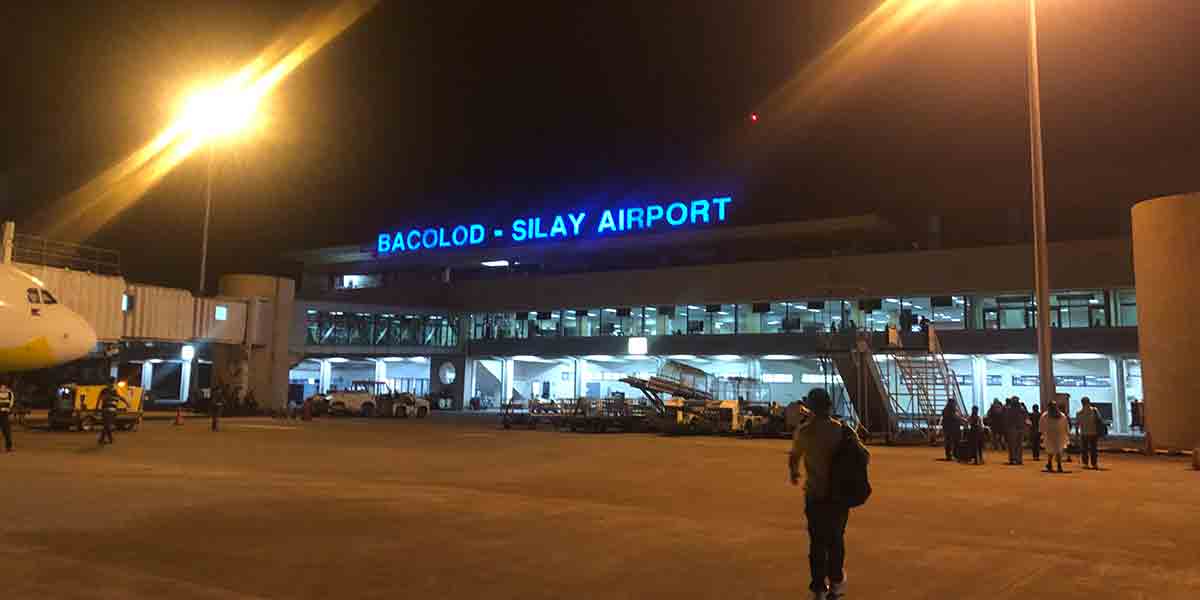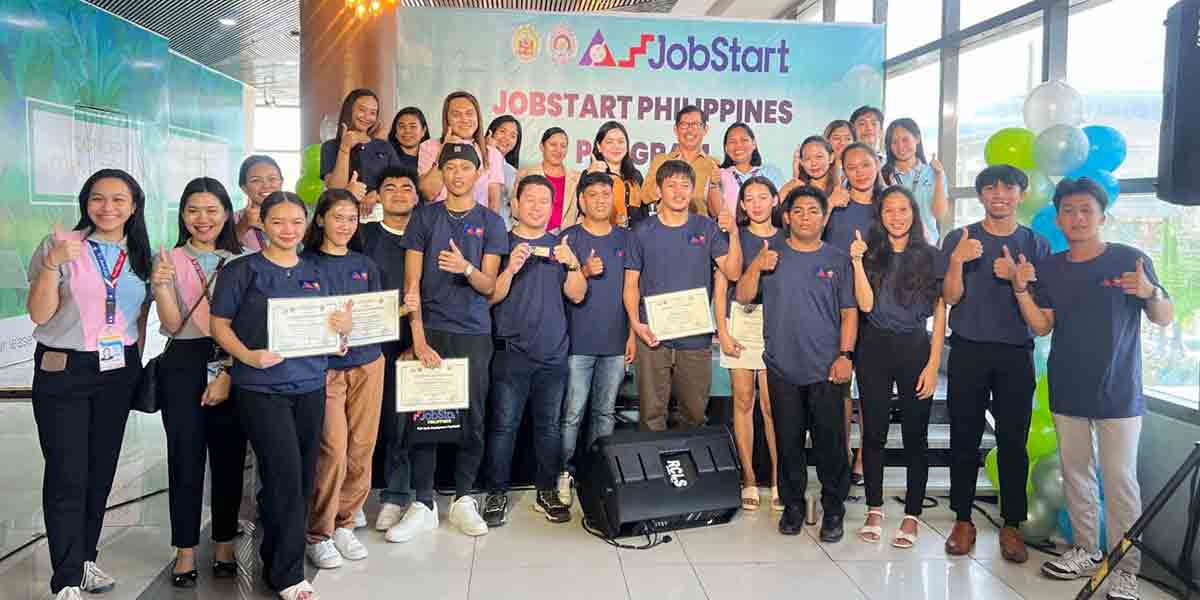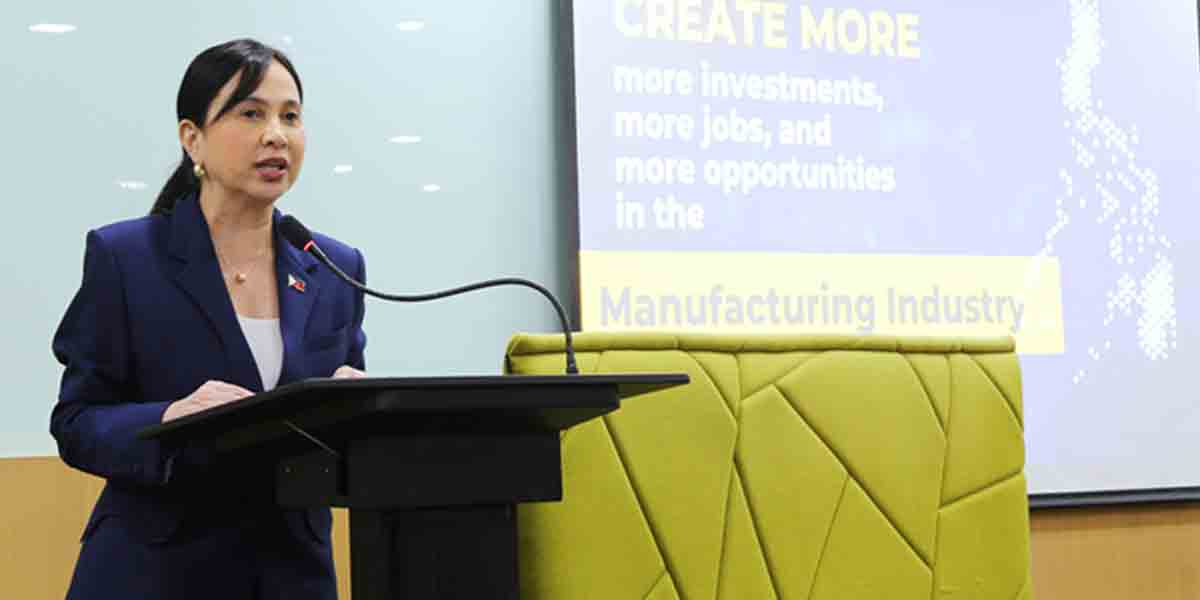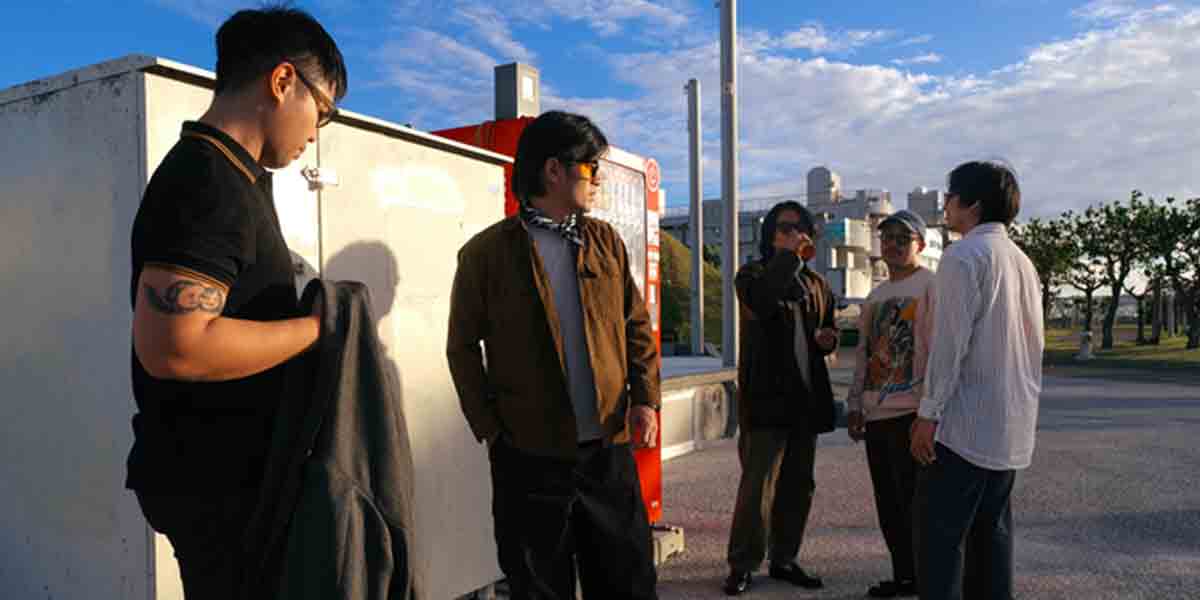By Herman M. Lagon
Philippine elections are a spectacle of catchy jingles, celebrity endorsements, and grand campaign rallies. But beyond the confetti and slogans lies a complex voter behavior that shapes the country’s future. If democracy is to work, voters must think critically, weigh their choices beyond popularity, and see elections as a long-term investment in governance—not just a transactional event.
Historically, name recall, endorsements, and personal benefits have influenced how Filipinos vote. The 1995 Institute for Political and Electoral Reform (IPER) study found that popularity and patronage networks mattered more than party platforms. Fast forward to today, and little has changed. The 2022 elections reinforced this, with social media further amplifying name recognition over track records. Political dynasties continue to thrive, proving that elections often favor those with deep networks rather than strong credentials.
One major roadblock to smarter voting is the deeply rooted patron-client system, where candidates offer short-term incentives—cash, food, or jobs—in exchange for votes. Many voters, especially from lower-income backgrounds, see elections as a rare opportunity to gain immediate relief rather than a means to demand long-term governance. A 2020 Ateneo study showed that voters often felt obliged to support candidates who had provided personal assistance, regardless of their performance in office. Breaking this cycle requires shifting voter priorities from short-term aid to sustainable progress.
Social media now drives political perception. Platforms like TikTok, Facebook, Instagram, and YouTube let candidates craft their image—often prioritizing appeal over truth. A 2021 Rappler investigation exposed coordinated online campaigns to manipulate narratives and discredit opponents. In an era where memes spread faster than policy discussions, digital literacy is no longer optional but necessary. Voters must learn to verify sources, fact-check claims, and think critically about the information they consume.
Emotion also heavily influences voting decisions. People are drawn to narratives of struggle and redemption, often choosing candidates who portray themselves, many indeed pretend, as champions of the poor, regardless of their track record. Former President Joseph Estrada’s “Erap para sa mahirap” campaign exemplified this trend—despite allegations of corruption, his populist appeal carried him to the presidency. Today, emotional branding still outweighs governance credentials, showing how sentiment often trumps substance at the ballot box.
Education is key to shifting voter behavior. A 2019 Philippine Institute for Development Studies report found that higher education levels correlated with issue-based voting rather than personality-based choices. However, informed voting is not exclusive to the educated elite. The real challenge is making political discussions accessible and engaging for all. Debates should focus on substance rather than theatrics, and voter education must extend to the grassroots level. The government and civic organizations must invest in sustained electoral education—not just during campaign season but as a long-term effort.
Young voters are crucial in driving this change. In 2022, more young Filipinos voted, with Gen Z and Millennials shaping the electorate. But turning online activism into real action is still a challenge. Initiatives like “Vote Pilipinas” and “Youth Vote PH” are promising, but they must be institutionalized to maintain political engagement beyond election cycles.
The concept of discernment, often emphasized in leadership development, offers a valuable approach to voting. It involves careful reflection, questioning motivations, and making informed choices rather than reacting impulsively. Applied to elections means looking past campaign gimmicks, scrutinizing candidates’ records, and thinking about long-term national impact. Discernment leads to a more engaged and thoughtful electorate that is less vulnerable to manipulation and more invested in real change.
Beyond individual responsibility, systemic reforms are necessary. Fair elections need stricter campaign finance rules, limits on dynasties, and more transparency. But the Anti-Political Dynasty Bill remains stuck—blocked by politicians protecting their own interests. Without sustained public pressure, these reforms will remain just ideas rather than realities.
Encouraging Pinoys to vote wisely is more than just a slogan—it requires dismantling structures that foster dependency, misinformation, and political apathy. The shift from personality-driven politics to issue-based decision-making demands collective effort from the media, educators, civil society, and voters themselves. Change will not happen overnight, but every informed vote brings the nation closer to a more accountable and effective democracy.
The challenge remains as the 2025 midterm elections approach: how do we turn passive voters into engaged citizens? The answer lies in education, accountability, and a cultural shift toward valuing governance over grandstanding. Pinoys are not inherently uninformed or easily swayed. They can rise above patronage, propaganda, and emotional voting, given the right tools and opportunities. However, the responsibility does not rest on one sector alone—it is a shared duty among all who believe in a better future.
***
Doc H fondly describes himself as a “student of and for life” who, like many others, aspires to a life-giving and why-driven world grounded in social justice and the pursuit of happiness. His views do not necessarily reflect those of the institutions he is employed or connected with.

